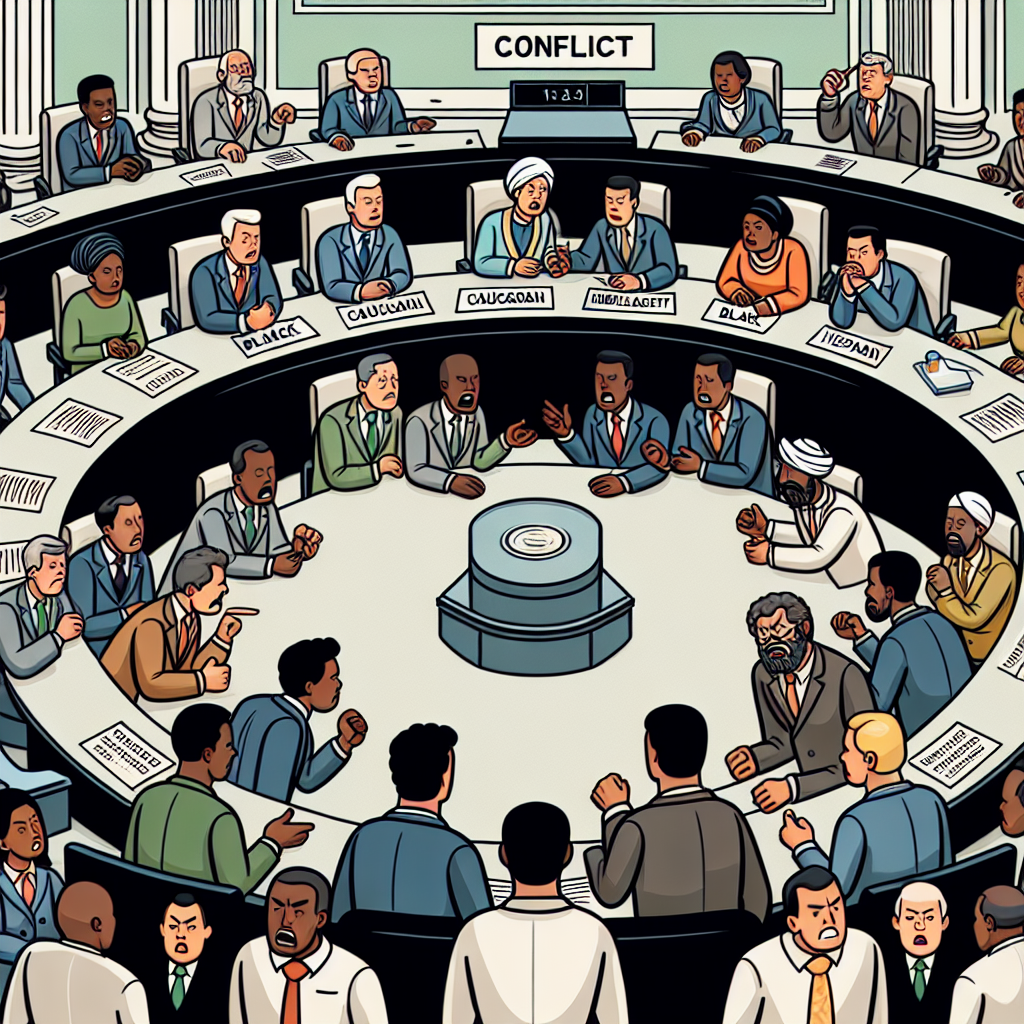Diplomacy Amid Strikes: U.S.-Israel Tensions in the Middle East
Following an Iranian missile assault on October 1, the Biden administration urged Israel to avoid a hasty retaliation, fearing regional escalation. Washington's influence helped shape Israel's response, which targeted Iranian military sites but avoided nuclear facilities, aiming to deter further aggression without sparking broader conflict.

Just hours after Iranian missiles struck Israel on October 1, the Biden administration urged Israel to carefully consider its response. Washington stressed a calculated approach to avoid a broader regional conflict.
The U.S. was concerned about a swift Israeli retaliation escalating tensions just before the presidential election. As a result, Israel's military response was strategically limited, targeting specific military sites but steering clear of critical nuclear facilities and energy infrastructure.
President Biden's administration worked closely with Israeli leaders, including Prime Minister Benjamin Netanyahu, to manage the response while deterring further Iranian aggression. U.S. Defense Secretary Lloyd Austin and Secretary of State Antony Blinken held numerous discussions with their Israeli counterparts to ensure a proportional response.
(With inputs from agencies.)
- READ MORE ON:
- Iran
- Israel
- Biden
- missile
- conflict
- Middle East
- retaliation
- nuclear
- military
- U.S.
ALSO READ
Market Jitters: Dollar Sinks Amid Supreme Court Decision and Middle East Tensions
Gold Surges Amid U.S. Tariff Conflicts
Middle East Turmoil: Diplomatic Tensions and Controversial Comments
Cross-Border Tensions: Pakistan-Afghanistan Conflict Escalates
Controversy Erupts Over US Ambassador's Comments on Middle East Territory










